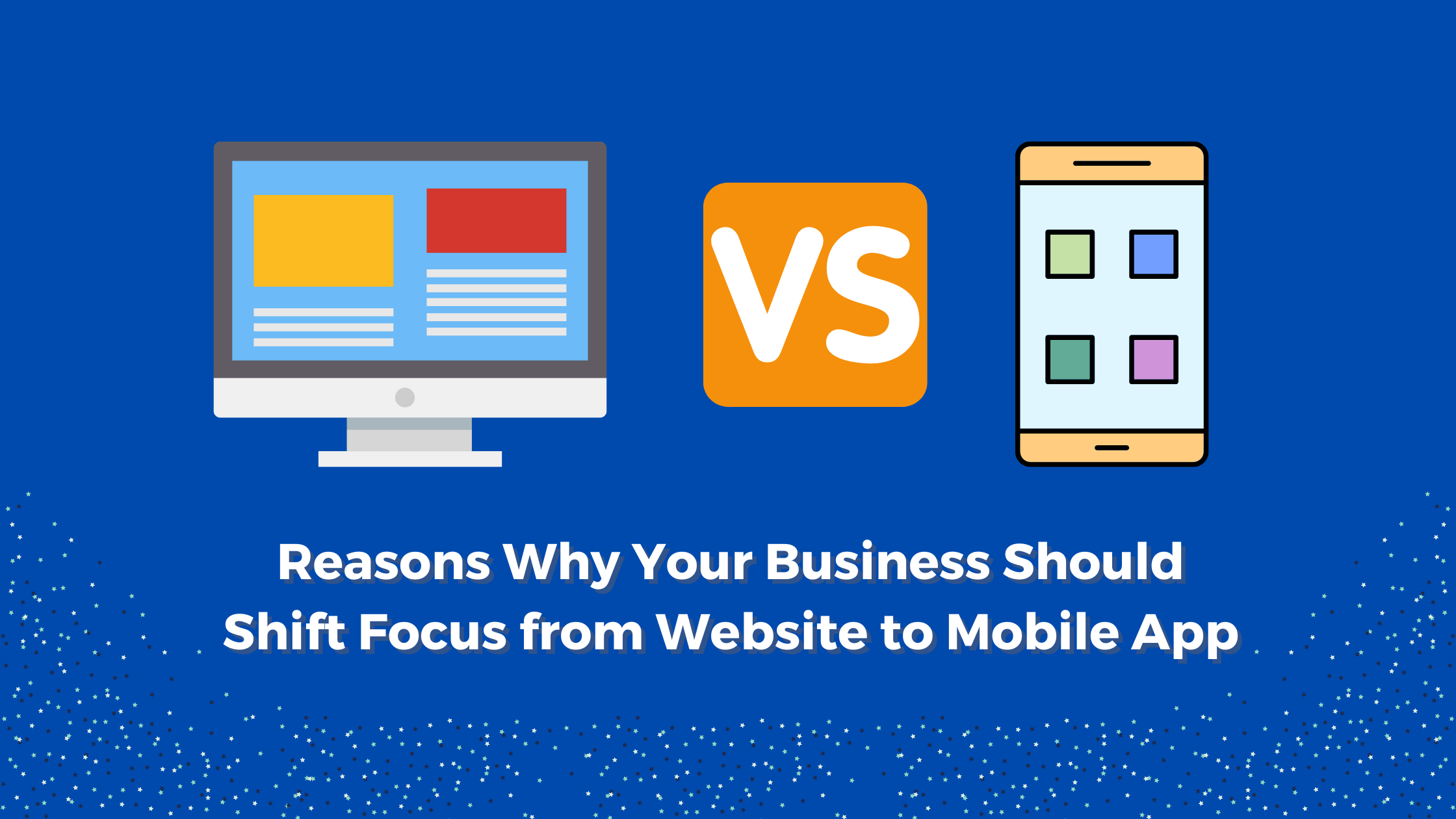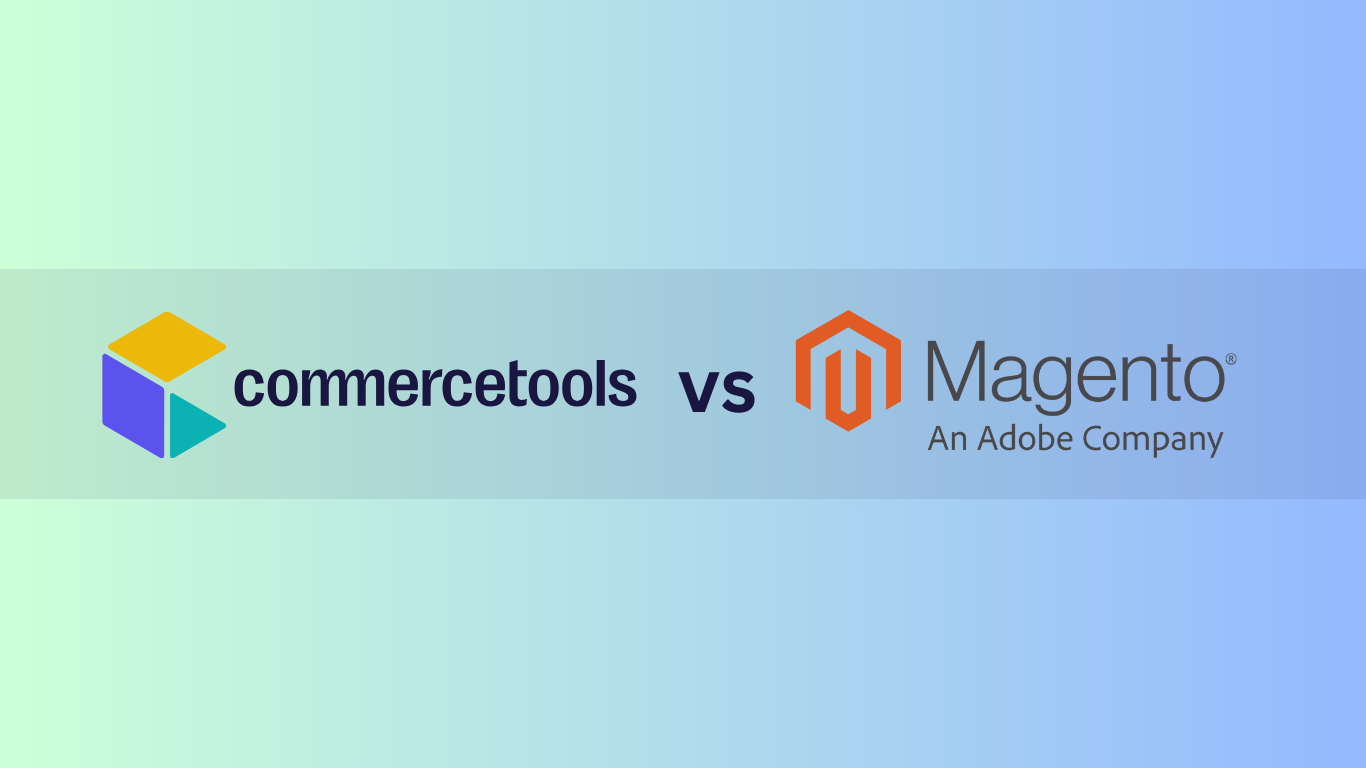In today’s digital world, every business wants to have a digital presence. That is why most of them opt for getting a dedicated website for their business. For this purpose, they hire one of the best web development companies to give them a website that can prove to be the digital face of their company.
Unfortunately, these websites mostly fail to deliver and make the impact business owners want them to. Most of these websites get lost in the sea of billions of other websites. Even if a user somehow manages to land on your website, it delivers a poor user experience. So, what should a business do? Get the mobile app instead. Here are some of the reasons why.
In this article, you will learn about seven reasons why you should switch from a website to a mobile application.
1. Offline Accessibility
What gives mobile apps a clear edge over websites is their offline accessibility. If a user doesn’t have access to an internet connection, they won’t be able to access your website. On the contrary, users can access your mobile apps even if they don’t have an internet connection. Some apps only work online but most mobile apps have some offline functionality enabled allowing users to access these features irrespective of whether they have internet access or not.
2. Speed
Another major difference between a website and a mobile app is performance. Mobile apps are faster and deliver a much smoother experience while website load times and user experience depend heavily on a number of factors such as your internet speed, code, server, or hosting. You can even notice this when you move from one page on the website to another. Meanwhile, the same process takes less than a second when moving from one app screen to another.
One of the main reasons behind the great performance of mobile apps is that it stores all the data on a mobile device so it won’t have to depend on hosting and servers, making the app user experience much smoother as compared to a website user experience. What is more, apps can also store user preferences allowing app users to start from where they have left off. Even the code used to create mobile apps is executed quickly as compared to website code. All this combines to deliver a delightful user experience.
3. Personalized Content
Every user is different and has different needs, whether it is your website user or your mobile app user. You can not create a different app or website for every user, but you can deliver a personalized user experience through mobile apps. Businesses can collect useful data about app user preferences and user behavior and tailor their experience according to their needs. Unfortunately, the website does not give you a lot of room for personalizing the user experience as a mobile app does.
With a mobile app, you can ask for user preferences at the start and continue to dish out personalized content, offers, product promotions, and much more from time to time. What’s more, you can even offer custom recommendations-based n user previous activity and user past history, delivering a more personalized user experience.
4. Taking Advantage of Device Features
Unlike websites, mobile apps can take advantage of device hardware and features to improve performance and deliver an optimized user experience to users. For instance, a mobile app can ask for permission to access the camera, contacts, phone call data, and messages.
Not only that it can also use device sensors such as accelerometer, compass, and gyro sensors to deliver added functionality. For security purposes, some apps even use the device fingerprint sensor and face unlock feature. This reduces the efforts users must do to perform a task hence, improving the user experience in the process and unlocking the world of possibility in the process. Sadly, all this is not possible with a website.
5. Higher Customer Engagement
When a user sees personalized content, offers, and recommendations they love or are interested in, they are more likely to engage with it. More importantly, the better experience, extra features, and functionality along with the ability to device hardware make the overall experience a lot more engaging and fun for app users.
Here are some ways mobile app development company uses to increase mobile app engagement.
- In-app messages
- Push notifications
- Special offers
- Discounts
- Vouchers
- Promotions
- Personalized recommendations
In addition to this, businesses can collect customer feedback and improve the app in light of their feedback for even better results.
6. Brand Recognition and Customer Loyalty
The best thing about mobile apps is that they stay in your customer’s pocket all the time. They go anywhere they go. On the flip side, users must go searching for your website. With people checking their phones hundreds of times a day, your mobile app is more likely to get more traction. More importantly, you can communicate and interact with your customers at a personal level, which will make your relationship with your customers stronger. Yes, the app development cost could be higher but it is well worth it.
The stronger your relationship is with your customers, the less likely they are to switch brands hence increasing your customer loyalty in the process. You can also incentivize your loyal customers with a customer loyalty program. Unlike a website, you can make continuous updates to mobile apps, preventing your app users from getting bored looking at the same old interface,
7. Deliver More Value
Businesses can deliver more value to users through their mobile apps than they can do with a website. You can encourage users to use your app frequently by offering app-specific features that are not available through your website. You can also ask users about what app features they like the most and least about your mobile apps to make your mobile app even better. Make sure your app supports third-party integrations so users won’t have to leave your app even if they have to perform a task in another app.
Why would you switch from a website to a mobile app for your business? Share your thoughts with us in the comments section below.

Irfan Ak is a tech-savvy & experienced digital content strategist at Branex, a web design company in Dubai, working with SaaS and several other brands on their content marketing strategy. He is a regular contributor on various authoritative websites creating value for them. Connect with him on LinkedIn or through his website.







